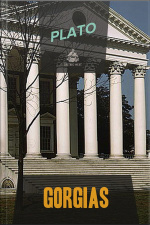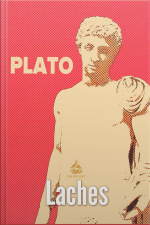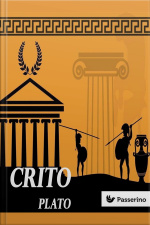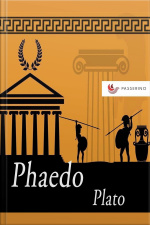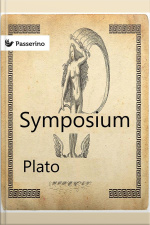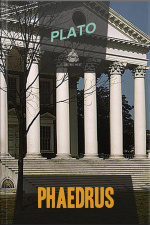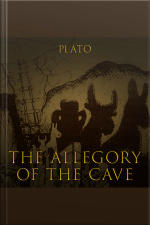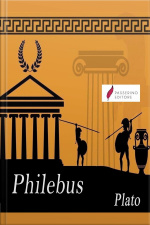In several of the dialogues of Plato, doubts have arisen among his interpreters as to which of the various subjects discussed in them is the main thesis. The speakers have the...
Socrates, as he is younger than either Nicias or Laches, prefers to wait until they have delivered their opinions, which they give in a characteristic manner. Nicias, the...
"Crito" is a dialogue by the ancient Greek philosopher Plato.Plato (424/423 – 348/347 BC) was a philosopher in Classical Greece and the founder of the Academy in...
Phaedo also known to ancient readers as "On The Soul", is one of the best-known dialogues of Plato's middle period, along with the Republic and the Symposium. The...
The Symposium is a philosophical text by Plato dated c. 385–370 BC. It depicts a friendly contest of extemporaneous speeches given by a group of notable men attending a...
The Phaedrus is closely connected with the Symposium, and may be regarded either as introducing or following it. The two Dialogues together contain the whole philosophy of Plato...
The Allegory of the Cave appears in Plato’s Republic and compares the effect of education and the lack of it on human nature. It is written as a dialogue between Plato's brother...
The Philebus is a Socratic dialogue written in the 4th century BC by Plato. Besides Socrates (the main speaker) the other interlocutors are Philebus and Protarchus. Philebus, who...
The Euthydemus, though apt to be regarded by us only as an elaborate jest, has also a very serious purpose. It may fairly claim to be the oldest treatise on logic; for that...
The Seventh Letter touches upon a variety of themes, not always in an organized fashion. It is by far the longest of the epistles of Plato and gives an autobiographical account of...
